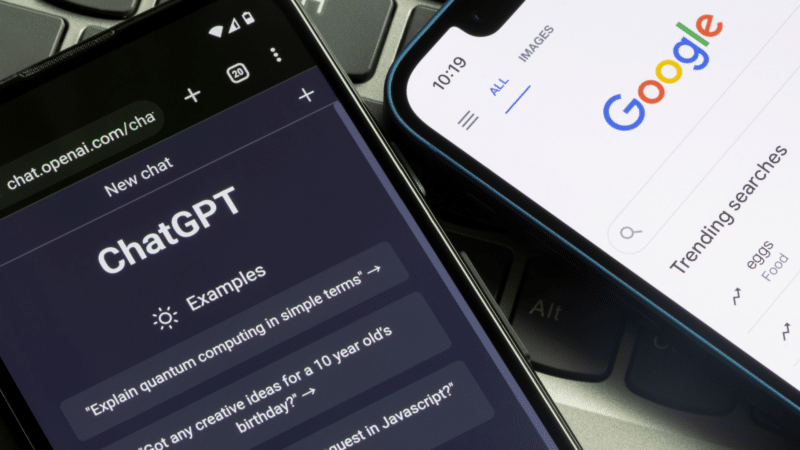
In a world where information is instantly at our fingertips, the competition between search engines is fiercer than ever. A recent analysis delves into the comparative performance of OpenAI’s ChatGPT search and Google, particularly in answering diverse search queries. By examining 62 different queries—ranging from informational to local and commercial—the study sheds light on the strengths and weaknesses of each platform, which holds critical implications for software developers, digital marketers, and SEO professionals.
The research methodology included a variety of query types categorized into informational, local, commercial, and content gap analysis. Each query was meticulously evaluated, highlighting the platforms’ ability to align with user intent. Notably, in the realm of informational queries, Google solidified its position as the frontrunner, scoring an average of 5.83, while ChatGPT garnered a score of 5.19. However, ChatGPT showcased remarkable potential in content gap analysis, scoring 3.25 compared to Google’s 1.0, which indicates a unique opportunity for content creators to enhance existing material.
When it comes to navigational and local searches, Google’s robust database prevails, yielding significantly better performance than ChatGPT. With a score of 6.44 in commercial queries, Google again demonstrated superior capability in presenting product and service information effectively, surpassing ChatGPT’s score of 3.81. Remarkably, in disambiguation queries, ChatGPT exhibited a slight edge with a score of 6.00, suggesting its ability to provide multiple interpretations of ambiguous terms where Google scored 5.29.
An important takeaway from this study is Google’s extensive historical interaction data, which fortifies its understanding of user intent. This vast reservoir of information feeds into Google’s algorithm, allowing it to deliver relevant results tailored to complex queries. Contrarily, ChatGPT’s responses often contained factual inaccuracies, particularly regarding straightforward queries, and it struggled significantly with local query handling.
While currently ad-free, the potential for monetization in ChatGPT search might influence its future trajectory. Users often benefit from diverse responses, a realm where Google historically excels compared to ChatGPT’s more singular answer style.
In light of the analysis, the evolving role of URL shorteners and link management strategies becomes pertinent. For digital marketers and software developers, tools such as link shorteners not only streamline the sharing of links but also provide crucial analytics on engagement. Custom domain usage for short links can enhance branding efforts, making the URLs more recognizable and trustworthy. Services like BitIgniter and LinksGPT illustrate this integration, enabling marketers to optimize their campaigns effectively.
Ultimately, while ChatGPT search holds promise for specific tasks, especially in content generation and gap analysis, Google firmly retains its stature as the superior choice for a broader spectrum of search queries. A segmented analysis approach would provide users with a nuanced understanding of which platform aligns best with their specific needs.
#BitIgniter #LinksGPT #UrlExpander #UrlShortener #SEO #DigitalMarketing
This comprehensive analysis raises important questions for developers, marketers, and SEO specialists alike about how to best harness the strengths of various platforms in their digital strategies.
Want to know more: ChatGPT vs Google Analysis

